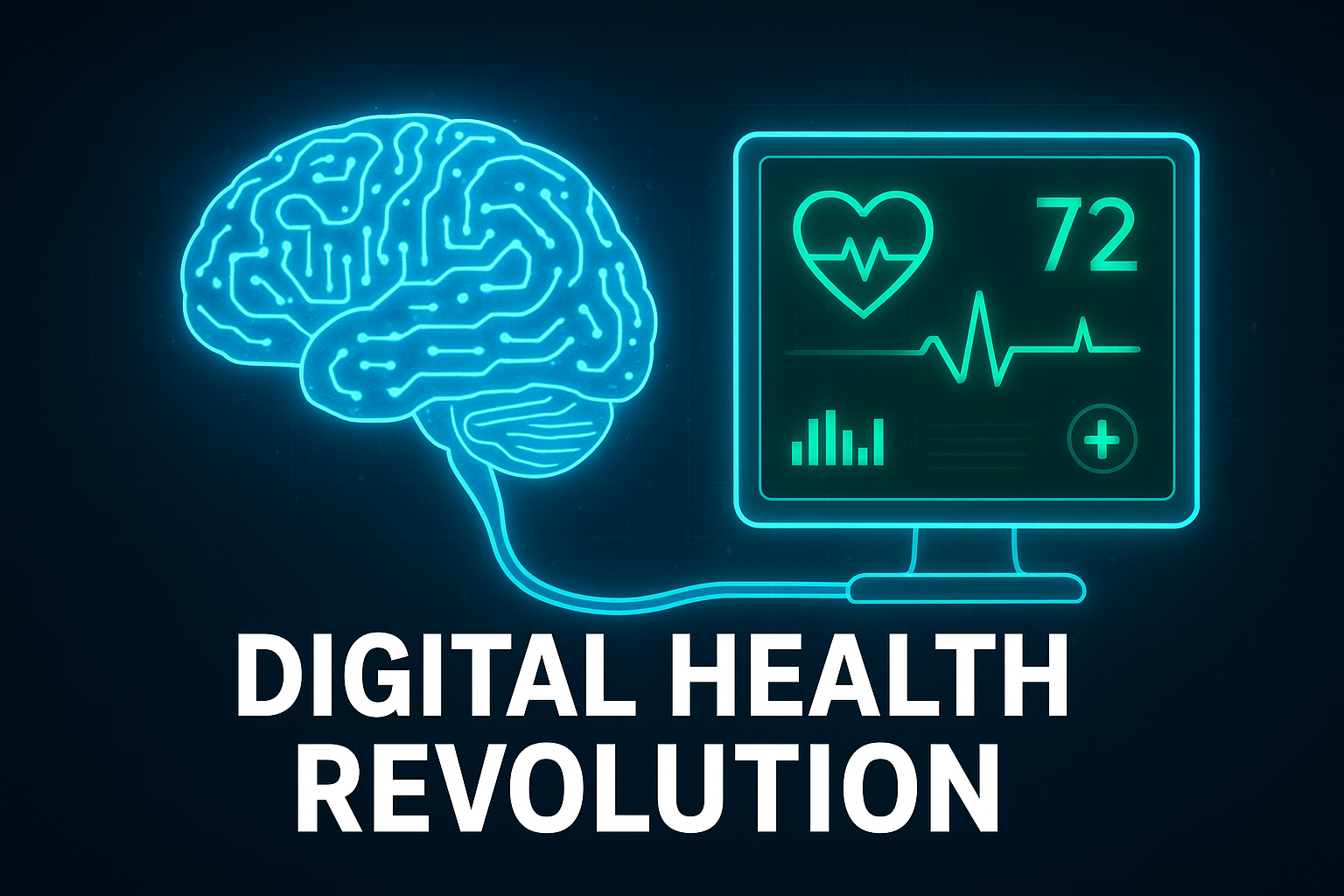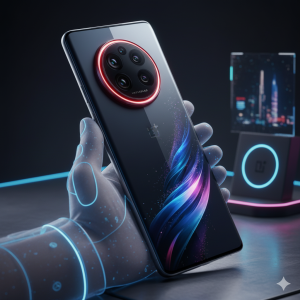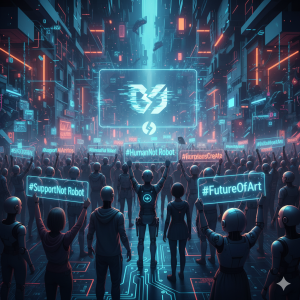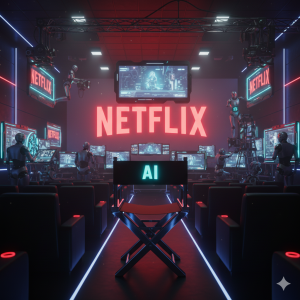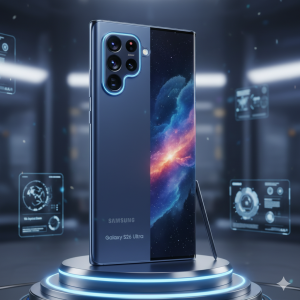AI Doctors Are Here: Can ChatGPT-5 Diagnose Better Than Humans?
AI doctors are here — but would you trust one with your diagnosis?
Clinical Decision Support
Ethics & Safety
How “AI Doctors” Actually Work
Tools like ChatGPT-style models don’t “diagnose” the way doctors do. They perform pattern recognition over text and images and generate
probable differentials based on the data you provide. In clinical settings, these systems are best used as decision support:
they summarize notes, suggest differentials to consider, draft patient-friendly explanations, and flag red-flag symptoms for escalation.
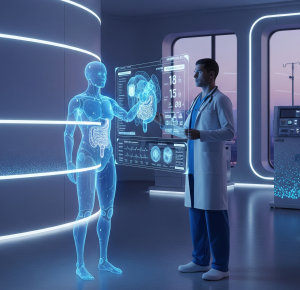
Click to expand: What inputs improve AI’s medical suggestions?
- Clear symptom onset, duration, severity (with units)
- Relevant vitals & basic labs (if available)
- Medication history, allergies, comorbidities
- Context: travel, exposures, family history
- Explicit goals: “draft patient summary,” “list differentials,” “explain in simple language”
Where AI Shines — and Where It Struggles
Strengths
- Rapid literature-style summaries
- Drafting differentials to avoid anchoring bias
- Patient education handouts in plain language
- Documentation: visit notes, discharge summaries, after-care steps
Limitations
- No physical exam or clinician gestalt
- Can hallucinate or miss rare presentations
- May lack local guideline nuances, drug formularies
- Not cleared as a diagnostic device; oversight required
Human Clinicians vs AI: The Real Comparison
The best results come from a hybrid model. AI can broaden the differential, surface guideline checklists, and draft notes;
clinicians contribute examination, ethics, nuanced judgement, and accountability. In practice, AI is a second reader — not a replacement.
Click to reveal: Example prompts clinicians use
Safety, Privacy & Ethics
- Not medical advice: AI outputs should be reviewed by a licensed professional.
- Privacy: De-identify patient data; follow local regulations and clinic policy.
- Bias checks: Validate against diverse populations; monitor for inequities.
- Audit trail: Keep human-in-the-loop, document decisions and sources where possible.
Quick FAQ
Can ChatGPT-5 replace doctors?
No. It’s a clinical support tool. It can assist with summaries, education, and differentials, but it cannot examine patients or assume responsibility.
Is it safe to use for personal symptoms?
Use AI for education only. For symptoms, talk to a licensed clinician. If urgent or severe, seek emergency care.
Where does the “diagnosis” come from?
From patterns in training data and your inputs. It’s probabilistic text generation, not a certified diagnostic decision.

